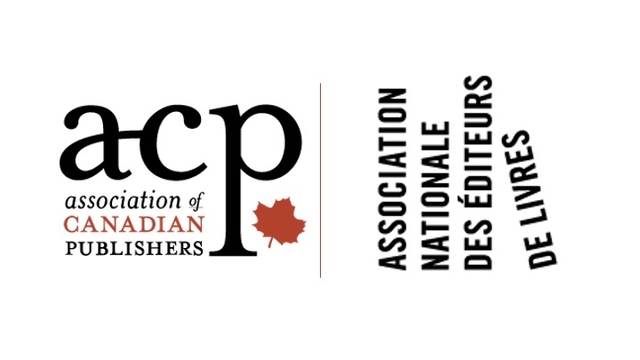Association of Canadian Publishers (ACP) President Ruth Linka welcomed the news saying: ‘Copyright is the foundation on which we build our businesses. Our ability to invest in the high-quality resources educators are looking for—and that Canadian students deserve—has been compromised over the last ten years. Copyright reform is urgently needed so that Canadian publishers can better serve our readers, and continue to invest in the work of Canadian writers, illustrators, translators, and other creative professionals.’
Arnaud Foulon, President of ANEL, the Association National des Editeurs de Livres, stated: ‘It is very good news for book publishers that the Government of Canada understands the importance of protecting copyright, recognizing the importance of fair compensation for creators and rights holders. When it was modernized in 2012, many exceptions were added to the law: it is finally time to close the gaps and protect the future of the book. We are delighted that Ministers Pablo Rodriguez, of Canadian Heritage, and François-Philippe Champagne, of Innovation, Science and Industry, can work together to develop these long-awaited fixes.’
The ACP followed up their initial 8 April statement on World Book and Copyright Day (23 April), underlining the $190M in lost licensing revenue of the Canadian book sector under the current copyright law and calling on the Government of Canada to act quickly to fulfill its commitments to amend the Copyright Act and to ensure a sustainable educational publishing industry. Amendments are urgently needed to restore a functioning marketplace for the sales and licensing of educational materials, and to create the conditions that will encourage investment in future Canadian learning resources.
Ruth Linka : ‘Canadian publishers have always been partners in education, producing books that speak specifically to the Canadian curriculum and experience. Changes to the Copyright Act have reduced educational sales revenues, in turn forcing our sector to reduce our investment in new educational material or focus on other markets, like the United States. Students are losing out on critical Canadian perspectives and storytelling as a result.
Kate Edwards, Executive Director of ACP added: ‘COVID-19 has further exposed longstanding weaknesses in the Copyright Act, and the legal framework that should underpin our industry does not encourage publishers to invest in the digital content and infrastructure today’s education system demands. Legislative solutions to repair the market are available; it’s up to the Government of Canada to act.’
The Canadian Coalition for the Diversity of Cultural Expressions will hold a two-day hybrid conference on 31 May and 1 June entitled What Future for Canadian Copyright?
Further reading :
Publishing Perspectives: Canadian Publishing Hails Ottawa’s Copyright Commitment
Hugh Stephens: Copyright References in the Budget: Good Intentions Are Welcome but Early Action is Needed
Hugh Stephens: The Copyright Needle in the Budget Haystack (And Why Requiring Registration for Copyright Extension is a Really Bad Idea)

